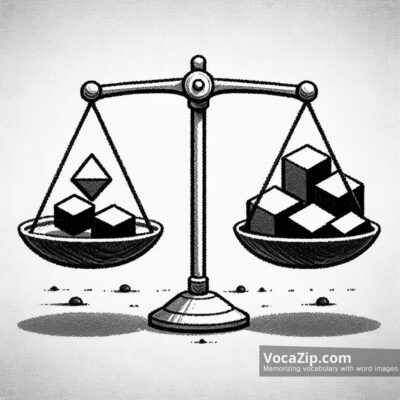sum meaning
sum :
total, amount
noun
▪ The sum of 5 and 10 is 15.
▪ The total of 5 and 10 is 15.
▪ We paid a large sum for the car.
▪ We paid a big amount for the car.
paraphrasing
▪ total – whole amount
▪ aggregate – combined amount

sum :
add up, calculate
verb
▪ Please sum the numbers on the list.
▪ Please add up the numbers on the list.
▪ We need to sum the costs for the project.
▪ We need to add up the costs for the project.
paraphrasing
▪ calculate – to find the total
▪ tally – to count or add up
▪ compute – to calculate
Pronunciation
sum [sʌm]
The stress is on the whole word and sounds like 'sum'.
Common phrases and grammar about sum
sum - Common meaning
noun
total, amount
verb
add up, calculate
Part of Speech Changes for "sum"
▪ summation (noun) – the process of adding things up
▪ summary (noun) – a brief statement of main points
▪ summative (adjective) – related to adding up
▪ summarily (adverb) – in a summary manner
Common Expressions with "sum"
▪ sum up – to summarize
▪ total sum – complete total
▪ sum of money – amount of money
▪ sum total – entire amount
Important examples of sum in TOEIC
Vocabulary examples from the TOEIC test
In TOEIC vocabulary questions, sum is often used to refer to a total amount of money or numbers.
Example of a confusing word: some (an unspecified amount)
Grammar examples from the TOEIC test
In TOEIC grammar questions, sum is often used as a noun or verb, requiring understanding of context.
sum
Idioms and fixed expressions in TOEIC
sum total
'complete amount', used when talking about the entire amount of something.
sum up
means 'to summarize', used when giving a brief statement.
Differences between similar words and sum
sum
,
total
differences
Sum is used for adding numbers, while total is often used for the complete amount.
sum
,
aggregate
differences
Sum is used for simple addition, while aggregate is used for a combined total from different sources.
Words with the same origin as sum
The origin of sum
sum comes from the Latin 'summa', which first meant 'highest' and later came to mean 'total'.
Word structure
It is a root word, and its composition is not divided into prefix, root, and suffix.
Words with the same origin
The root of sum is summa (highest). Words with the same root include summit (highest point).






